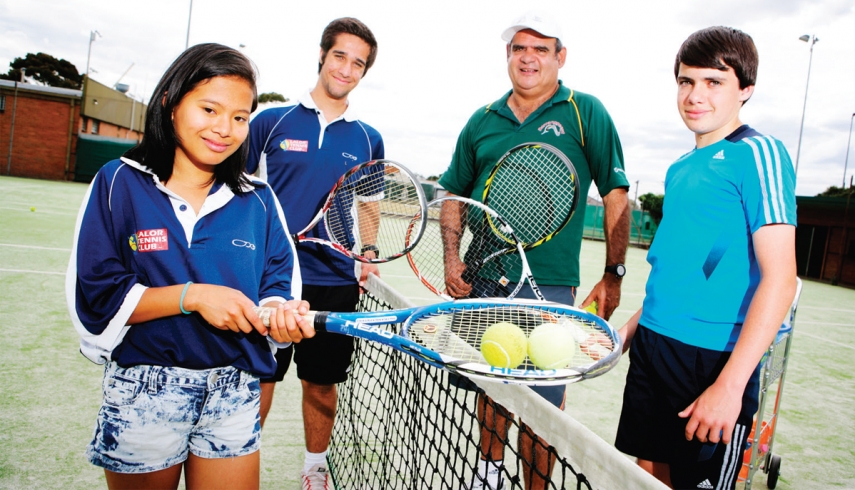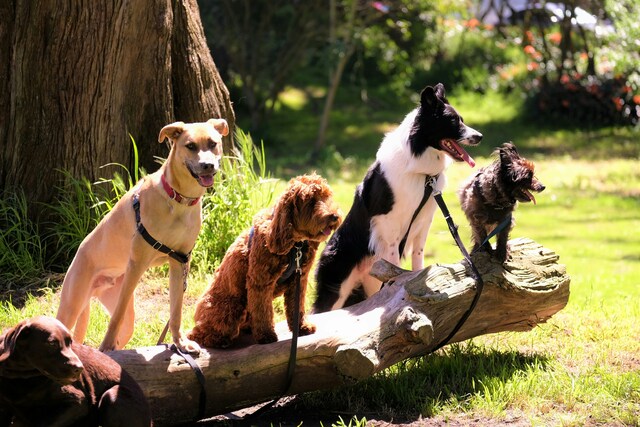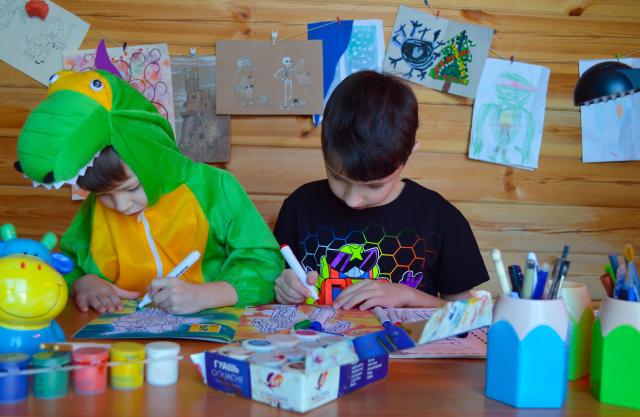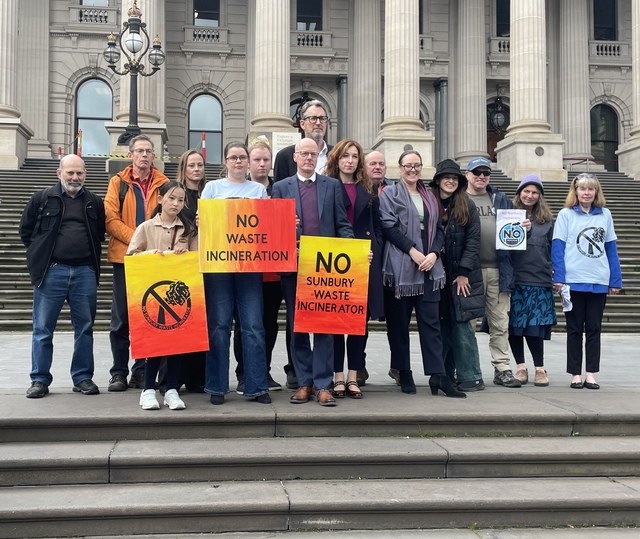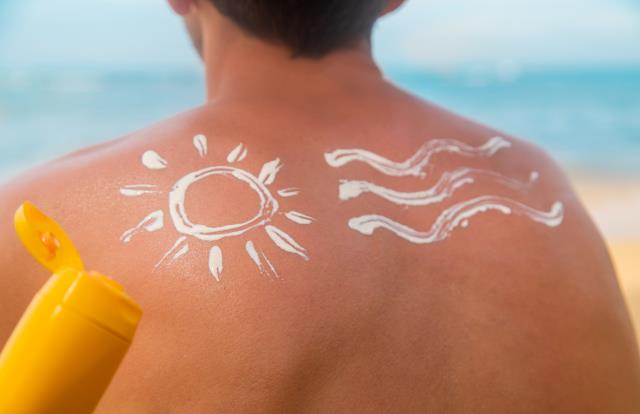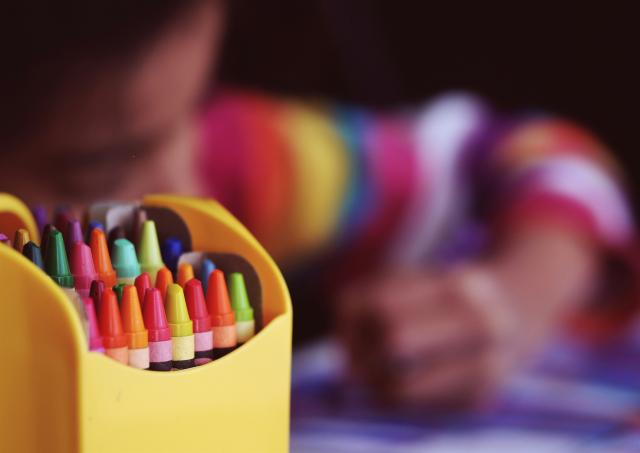Decades ago, a young Aboriginal boy played with a borrowed ball and a tennis racquet on the battered courts of a NSW Riverina town where the flies and dust rose with the breeze to fog his dreams of Wimbledon.
It was the 1960s – a time of prejudice – but the few hundred residents of Barellan, with its towering grain silos, were different; perhaps more kindly and accepting. Perhaps, they just recognised talent.
The boy’s older sister was the first to win favour with the townsfolk. Evonne Fay Goolagong broke free of racism to become Australia’s leading female tennis player.
Her brother, Ian, followed. He may have never achieved the heights achieved by Evonne Goolagong-Cawley – 14 grand slam titles, including seven singles titles – but Ian Goolagong is still the first indigenous man to have played at Wimbledon.
And he is back on battered tennis courts, this time on his own turf in the City of Whittlesea where he mentors young people to swing higher than their circumstances.
Goolagong is the president and coach of the Lalor Tennis Club where the rundown courts and facilities cause him embarrassment, but the spirit and achievements of the multicultural club make him smile.
Bad facilities don’t dampen spirits at the club. For the past five years the club’s juniors have made the finals in the North Eastern Junior Tennis Association, including two first and two second places in last year’s finals.
“We’re overwhelmed by how well the kids continue to do and importantly, how much they have matured both personally and in their sporting abilities. They had a ball this season,” Goolagong says.
Goolagong has not forgotten the childhood lesson of prejudice. His club embraces 25 nationalities over its 265 members, and he wants it to be a welcoming club to all.
‘‘The growth and multicultural diversity of our community means that we have to look at new ways of introducing younger people to culturally sensitive sporting programs,” says Goolagong.
“In the next 10 years, there will be an estimated 40 per cent increase in younger families from culturally diverse backgrounds moving into the City of Whittlesea. These activities are essential to the life and health of the Lalor community.’’
The boy who grew up in rural NSW is still worried about people fitting in.
‘‘Social inclusion has been the focus of the club since its beginnings over 55 years ago when post-war settlers gathered in a spirit of goodwill and mateship to establish the club in Sydney Crescent, Lalor,’’ he says. ‘‘These activities are essential to the life and health of the Lalor community.’’
But the Lalor players hit balls on a surface laid in 1957 when the asphalt was put down by the late Neil Evans. It is now well past its use-by date, according to Goolagong.
He says the club is negotiating with the Whittlesea council to have the facilities refurbished.
This year, Goolagong plans to run a “Hot Shots” program where junior players are mentored as junior coaches, learning leadership and coaching skills and helping young people fulfil their sporting abilities and develop personal growth.
As a father, Goolagong is coaching his son, Jaidyn, 13, and hopes one day he will lob an ace into the tennis world. ‘‘Just so long as he enjoys the game,’’ he says.
Goolagong is also the National Indigenous Coach with Tennis Australia and plans to continue to expand the availability of tennis for all people including indigenous Australians through innovative community-based programs.
He hopes to lose his title as the only Aboriginal man to play at Wimbledon.
‘‘There is so much talent out there,’’ he says.

